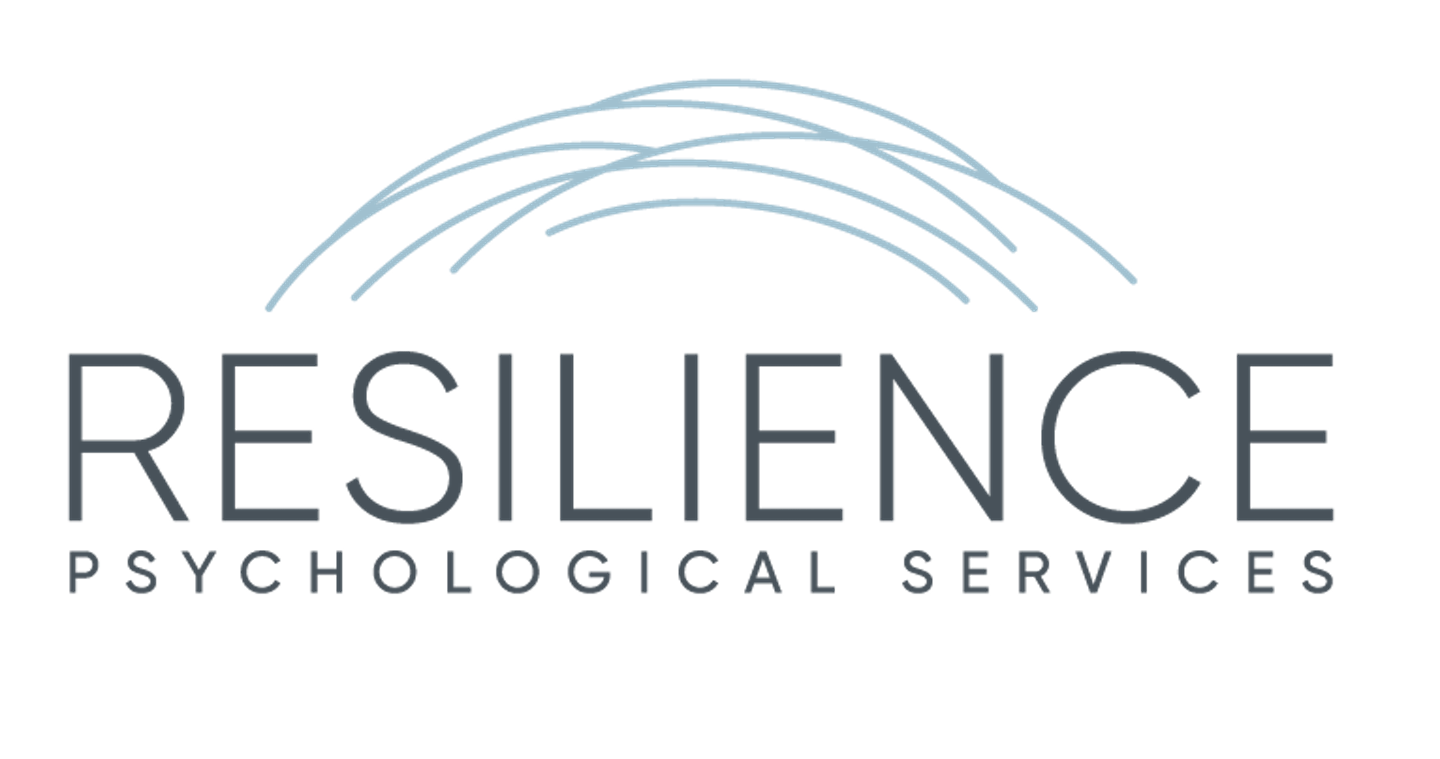What is Emotional Dysregulation?
Emotional dysregulation occurs when a person has persistent difficulty with managing or responding to their emotions in a healthy, balanced way. It can make emotions feel overwhelming, unpredictable, or hard to control. This may lead to mood swings, impulsive reactions, or intense feelings of sadness, anger, or anxiety that seem disproportionate to the situation.
Emotional dysregulation often stems from complex trauma—repeated exposure to harmful, stressful, or neglectful experiences, especially during childhood. Experiences of childhood abuse, neglect, or prolonged exposure to adversity may alter how the brain processes emotions, leading to heightened sensitivity, reactivity, and difficulty returning to a state of calm after intense emotional experiences. This history of trauma can disrupt emotional development, leaving individuals struggling to cope with overwhelming emotions, maintain relationships, or feel grounded in their emotional world.
Over time, patterns of emotional dysregulation can become ingrained, creating cycles of emotional turmoil that feel impossible to break. Without the skills to manage these emotions, individuals may find it challenging to cope, maintain relationships, or feel in control of their own emotional world.
How We Can Help
We understand how exhausting and confusing it can be to navigate intense emotional reactions. Our approach focuses on helping you develop healthier, more effective strategies to regulate your emotions. Through therapy, we will work together to help you understand what triggers these emotional responses and how to manage them with greater ease and control.
We’ll teach you practical techniques for emotional regulation, such as mindfulness, grounding exercises, and cognitive strategies to change unhelpful thought patterns. Additionally, we’ll help you build emotional awareness so you can recognize your feelings before they spiral and respond in a way that feels balanced and manageable.
With time and practice, you can learn how to handle stress and intense emotions in a way that supports your well-being, strengthens your relationships, and helps you feel more balanced and find peace.
Common signs
A sense of emotional instability, often feeling out of control
Difficulty calming down once upset or angry
Difficulty managing stress or frustration
Feeling easily overwhelmed by emotions
Frequent mood swings or intense emotional reactions
Grappling with addiction
Struggling to identify or understand your feelings
Turning to self-injury behaviors to cope
You deserve to feel grounded and empowered in your emotional life. Contact us for a free consultation and take the first step toward greater emotional balance.








